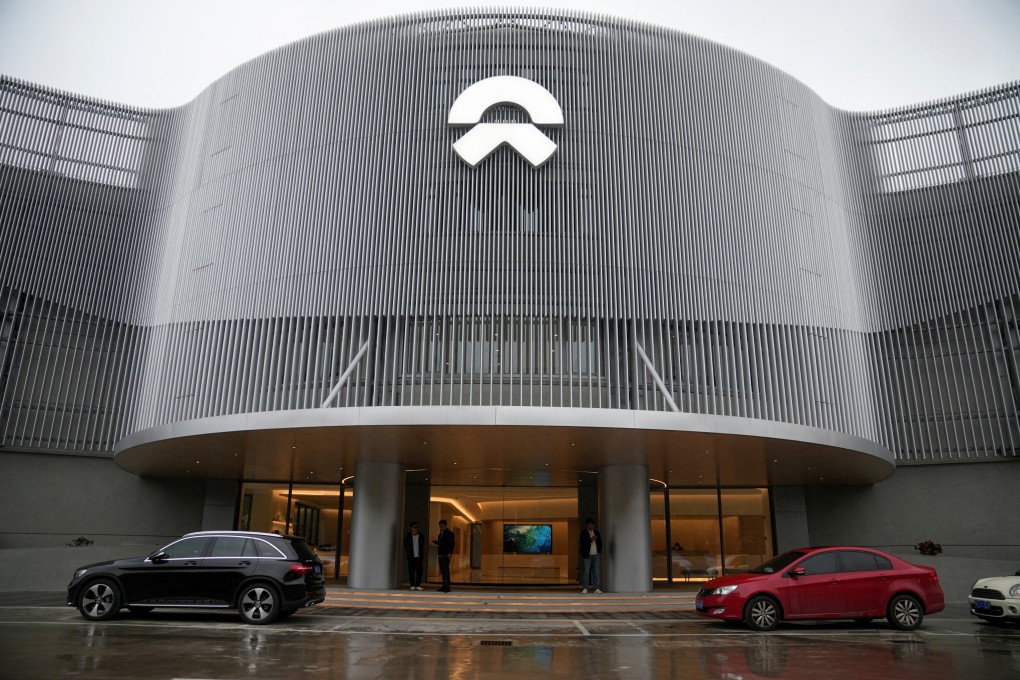Abu Dhabi-backed Nio to issue US$1 billion in convertible senior notes to pare debt, boost cash reserves
- Nio to issue two batches of US$500 million notes, convertible to American depositary shares maturing in 2029 and 2030
- While Nio has reported rising sales in the past two months, the EV maker has seen losses widen by 27 per cent in the second quarter

The Shanghai-based carmaker said in filings to the Hong Kong and New York stock exchanges on Tuesday that it would issue two batches of US$500 million notes, convertible to American depositary shares (ADS) maturing in 2029 and 2030.
The fundraising comes three months after Nio received US$740 million from Abu Dhabi government-backed firm CYVN Holdings through a share placement.
“The company plans to use a portion of the net proceeds from the notes offering to repurchase a portion of the existing debt securities, and the remainder mainly to further strengthen its balance sheet position as well as for general corporate purposes,” Nio said in the filing.
The interest rate, initial conversion rate and other terms will be determined at the time of pricing of the notes, Nio said.
